
Browse all content tagged with this keyword.
Showing 13 results
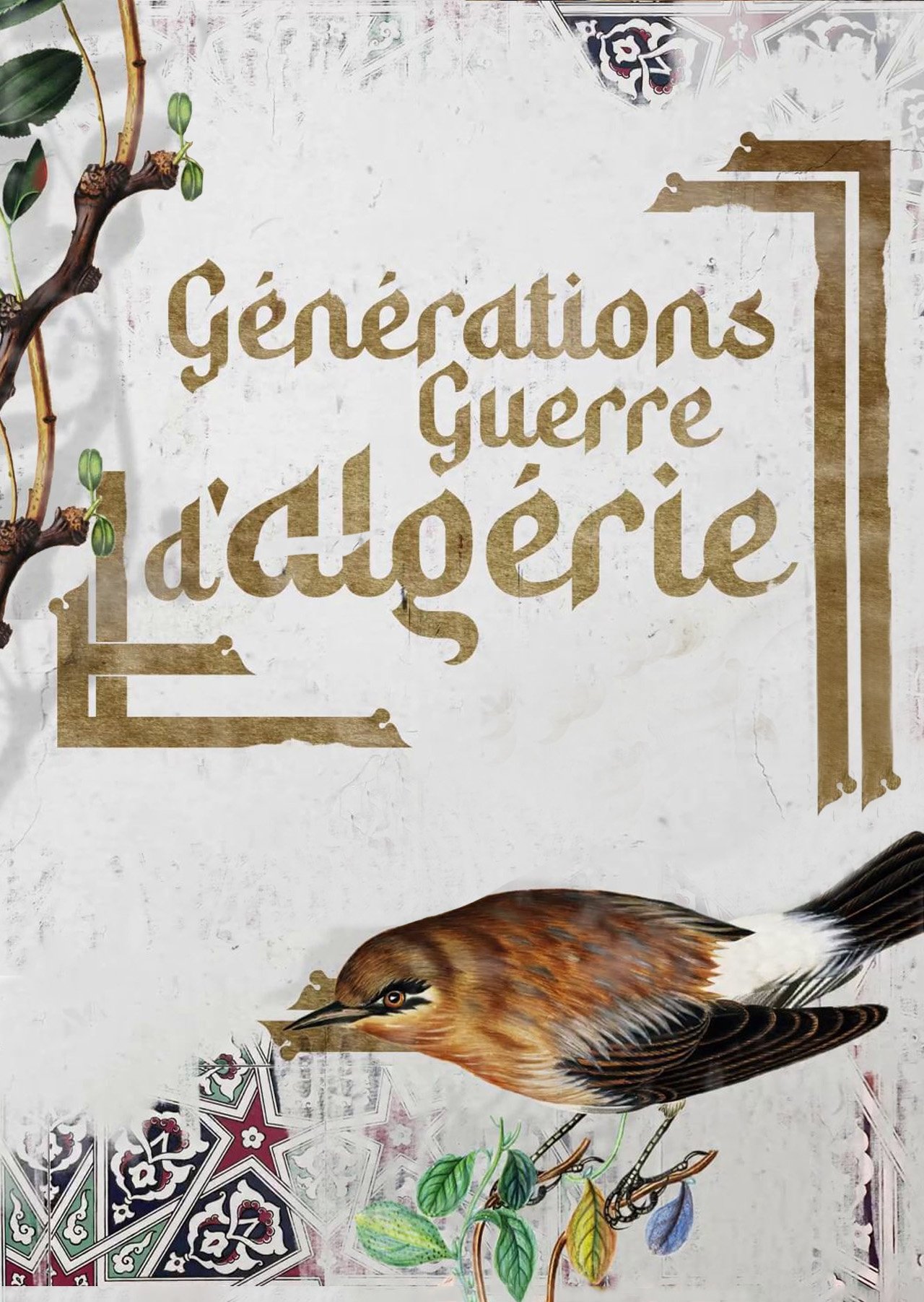
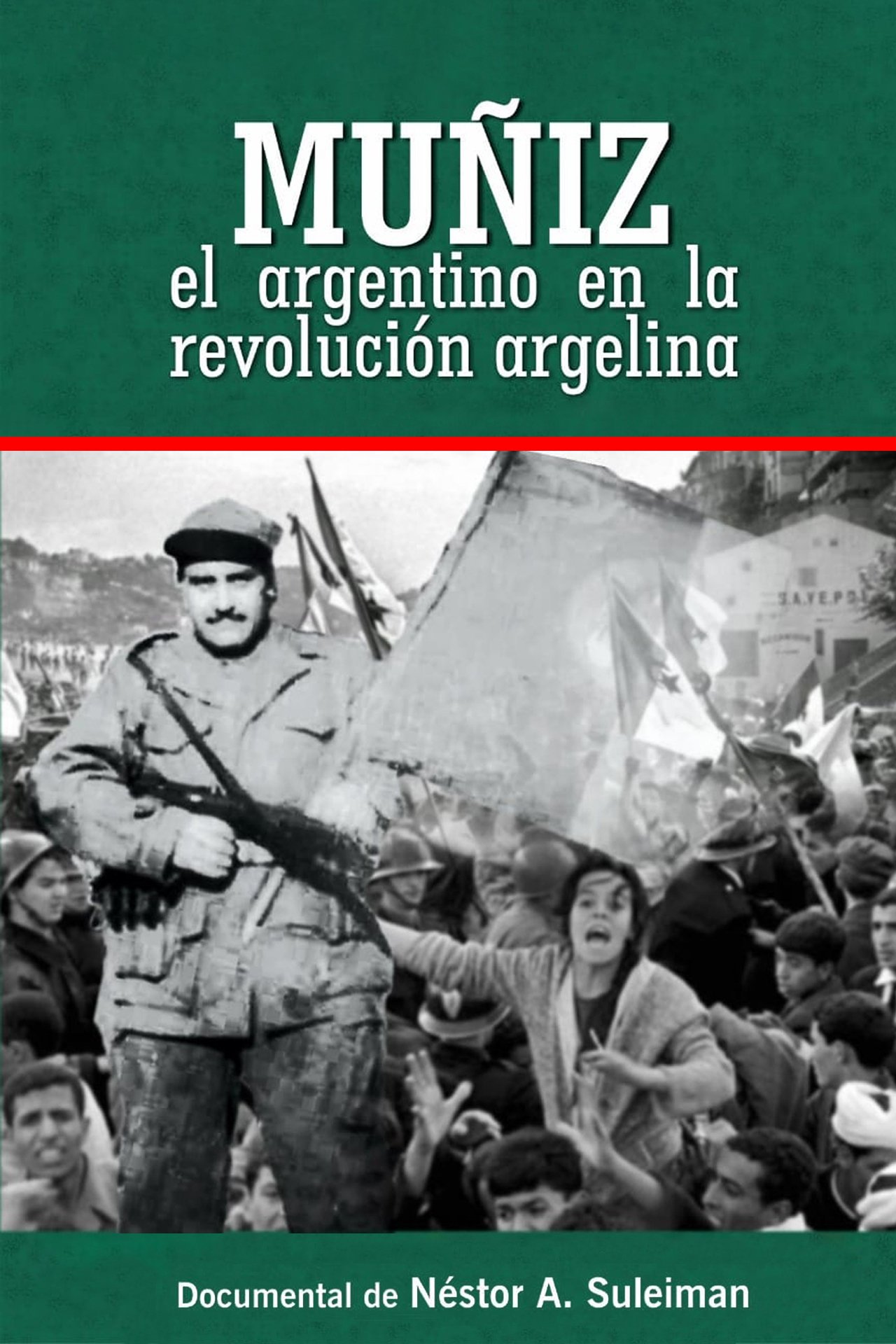
Roberto Muniz, nicknamed "Mahmoud the Argentinian," was a revolutionary fighter...
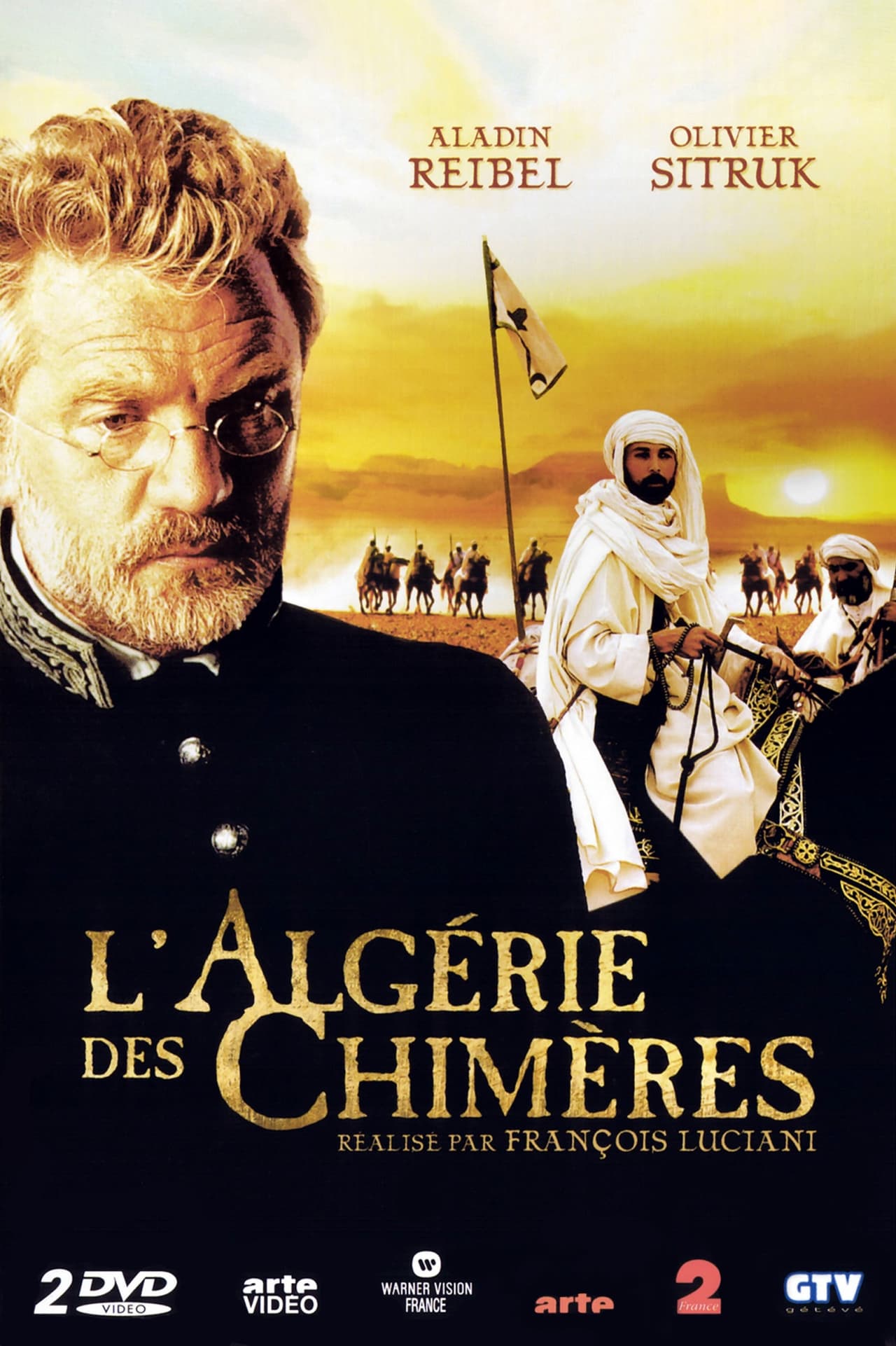
Through the fictionalized lives of two young Saint-Simonians, this television...

Beginning with a promotional reel encouraging farming investments in Algeria...
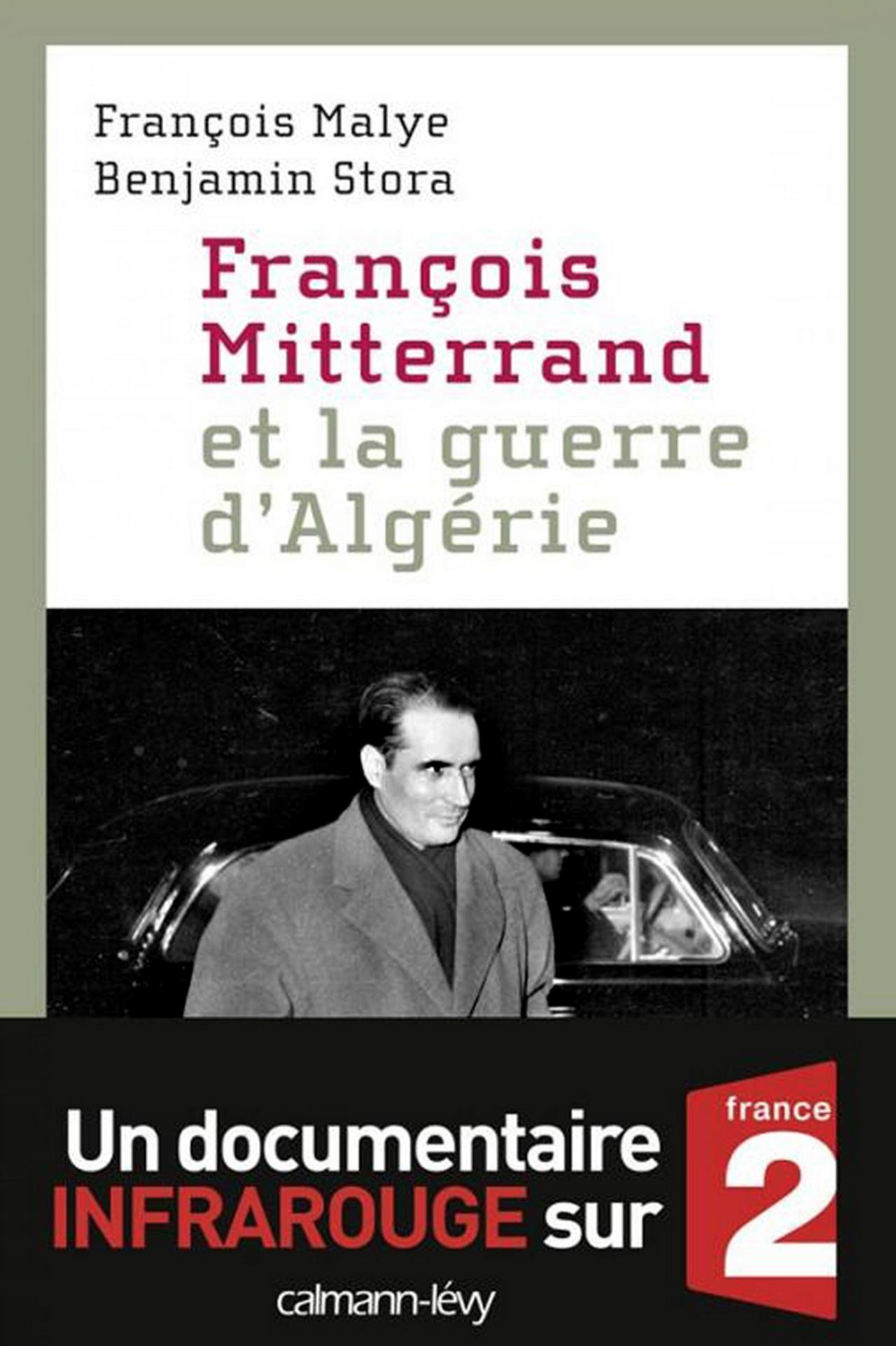

The image of French prisoners was very often evoked in...
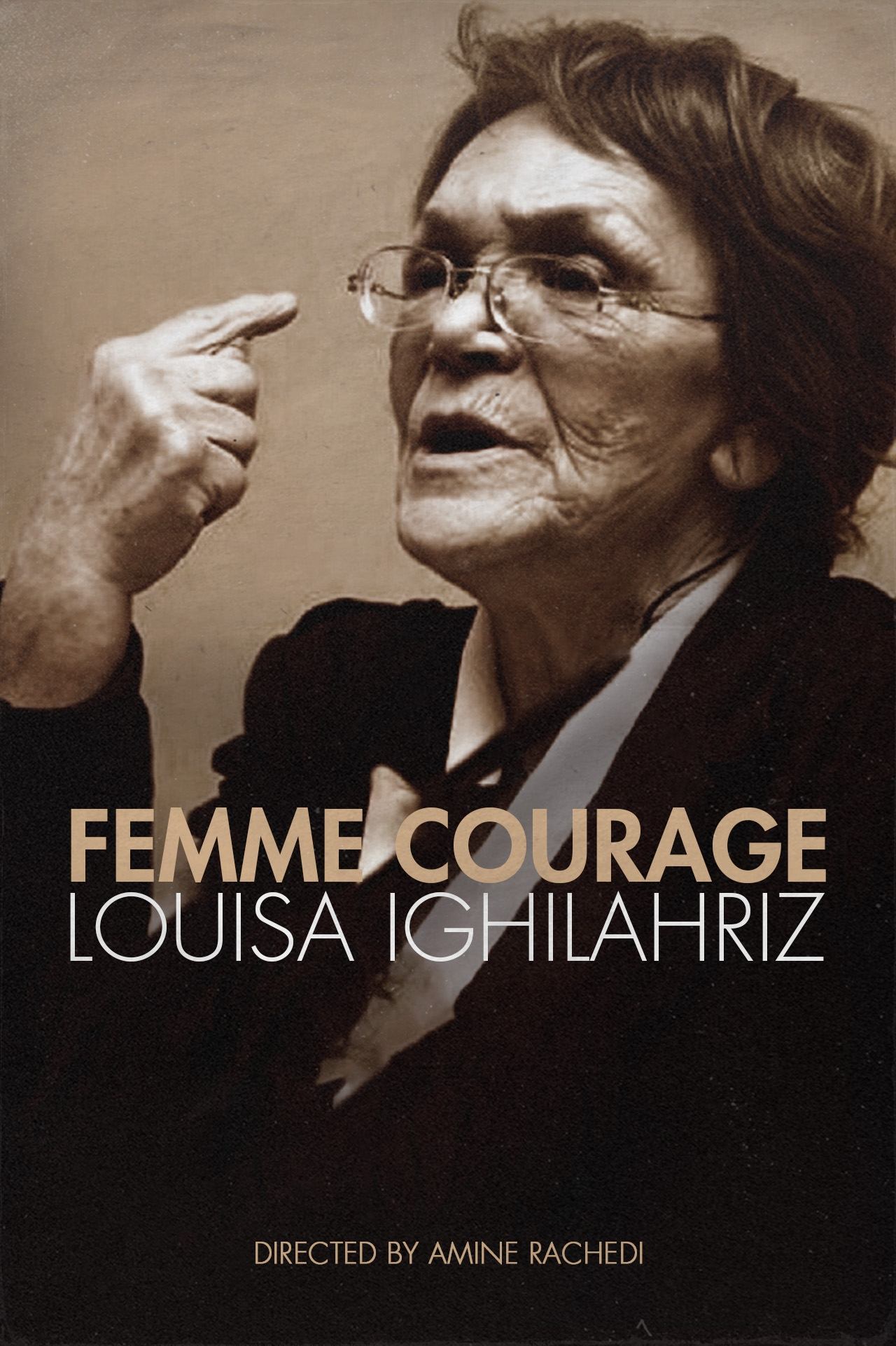
The autobiographical account of the tormented life of a witness...

This 17-minute documentary is featured on the 3-Disc Criterion Collection...